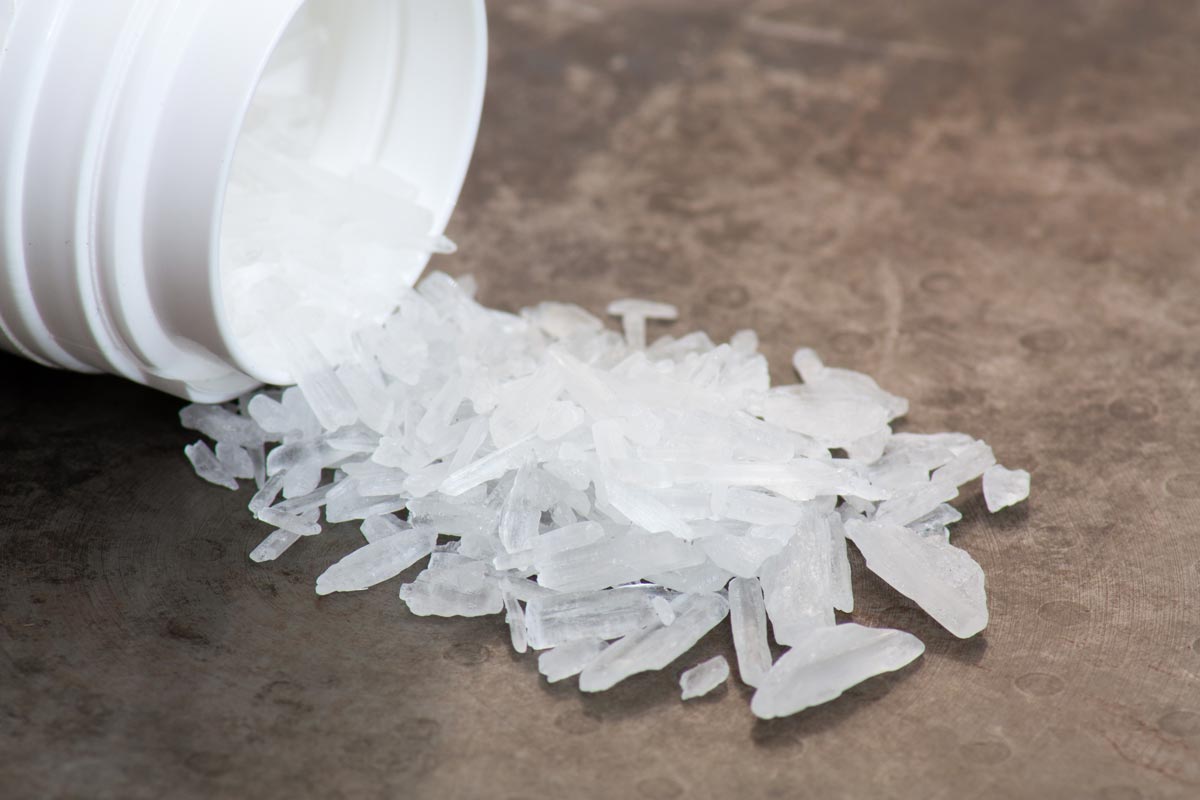All of us at 10 Acre Ranch would like to wish everyone in recovery a safe and sober Thanksgiving. With less than 24 hours to go, it’s vital you have or are creating a plan for getting through the day. If this isn’t your first significant holiday in the Program, you know that this can be a difficult time for a substantial number of people. There is a list of reasons why holidays are more trying on one’s recovery, compared to standard days of the year.
One of the byproducts of many people’s addiction is your dear ones may have cut ties with you. Years and decades of abuse can wear one’s loved one’s thin; while it is possible to rekindle relationships in recovery, it doesn’t occur overnight. You can’t blame family for being skeptical about your recovery, at first, they must protect themselves from upset. In early recovery, the risk of relapse is unfortunately high, because of this families are cautious not to get their hopes up. If your story is anything like most people in recovery, then you have a history of breaking commitments and falling short of expectations.
Please do not get discouraged if your family chooses to stay on the periphery of your life for now. In time, your actions will prove to your family just how earnest you are, they will see that your choice to seek recovery is not another manipulation. If there is one thing addicts and alcoholics understand well, it’s that one’s word doesn’t carry much weight. Without visible action, people are unlikely to believe one’s seriousness regarding recovery. Those who honestly work the program will not receive any guarantees in life, but family is likely to come around to trusting you again, if one stays the course.
A Family in Recovery
You may not have family back in your life, yet, but rest assured they are in fact rooting for your recovery. It’s crucial that you keep doing the next right thing in the program, regardless of how you feel about what you don’t have in your life today. Instead, be grateful for what you do have, like a fellowship of men who will do just about anything to help your recovery.
In early recovery, individuals have a fellowship to rely on when times get rough. It’s wise to lean on such people during the holidays, for these are days of the year that are likely to stir up one’s emotions. People relatively new to the program are often inclined to isolate during major holidays. It’s only natural, many people’s go-to-setting is to recoil into their shell when they are unhappy with the situation. For some, being unable to spend time with family this Thanksgiving is a severe blow. It can make one question why they are bothering with this “recovery stuff” anyway?
Naturally, that’s a selfish and self-centered response to an undesirable situation. When we can’t get what we want when we want it, it’s common to bemoan one’s position. If you find yourself questioning your mission for change this Thanksgiving, please call your sponsor or another person in recovery immediately. Get to a meeting, or go to several; you have a support network, please utilize it whenever necessary. You may not have biological family back in your life yet, but you do have recovery family now. You are not alone, others are feeling the same way you are, and meetings are a perfect opportunity to hear how others manage these situations. Who knows, you might share something that helps another who’s having a hard time, as well.
Sober Holidays
Everything that happens in our recovery takes place on our “higher power’s” schedule. Exercising patience is difficult early on, but it gets simpler in time. Traversing the holidays is exponentially more comfortable if you take time throughout your day to recognize everything you have today is worth your gratefulness. If you didn’t drink or drug today, that’s as good a starting point as any. You may find that you have more to be grateful for then you realized, draw strength from such a realization. And remember, wherever you are, the helping-hand of recovery is close.





